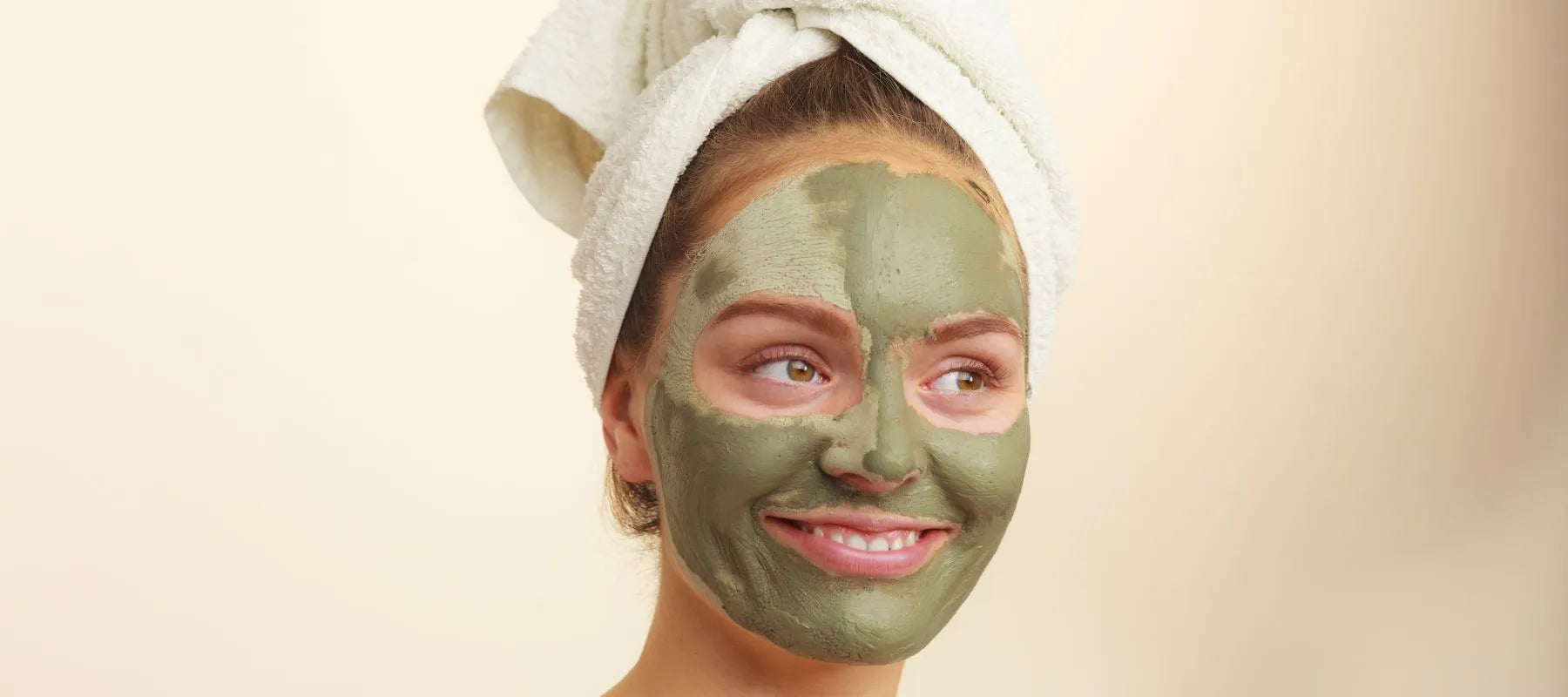
Benefits of Face Masks: Why You Need to Include Them in Your Routine
Face masks have become increasingly popular in skincare. They offer many benefits that can help one achieve healthy, glowing skin. Several types of face masks are available in the market, including clay, sheet, cream, and peel-off masks. People use face masks to deeply cleanse, hydrate, and nourish the skin.
They help draw out impurities, reduce pores, improve the complexion, and boost collagen production. This blog will explore the top benefits of using face masks and why you should include them in your regular beauty routine.
General Benefits of Face Masks
Face masks provide targeted solutions for common skin concerns. They harness the power of various natural ingredients and formulations to transform one's complexion. Here are some of the top benefits of face masks:
Deep Cleansing
Face masks are an effective way to clean your pores deep. Their active ingredients penetrate deep into the skin to dissolve oil, dirt, blackheads, and other impurities. Face masks with clays, charcoal, and acids offer an intensive way to decongest clogged pores and prevent breakouts. The Pink Foundry's Pore Refining & Soothing Clay Mask with Cica Extract detoxifies & decongests the skin without drying it out.
Hydration
Dry, flaky skin can make you look dull and accentuate the appearance of fine lines. Hydrating face masks provide an instant moisture boost. They usually contain hyaluronic acid, glycerin, and plant oils to moisturise parched skin. With these masks, the complexion looks plumper and brighter. There is a difference between moisturising and hydrating your skin, and while moisturisers can give your skin the boost it needs to keep it from drying out, hydration is important to keep your skin plump and nourished.
Exfoliation
Removing dead skin cells can help one reveal fresh, radiant skin underneath. Exfoliating masks can be beneficial in removing dull surface cells. They usually contain alpha hydroxy acids (AHAs) and fruit enzymes to whisk away skin debris. These masks retexturise the skin for a smooth, glowing effect.
Improved Skin Tone
Consistent use of face masks can lead to a marked improvement in overall skin tone and texture. Potent ingredients work to diminish dark spots and address uneven texture. Regular face masks make the skin's complexion look more uniform with enhanced clarity.
Benefits of Clay Masks
Clay masks utilise the powerful oil-absorbing and pore-purifying properties of clays like bentonite and kaolin. Here are some of the top clay mask benefits:
Oil Control
Clays have remarkable oil-absorbing abilities, and clay masks are incredibly effective in absorbing excess sebum. A clay mask can draw out impurities and mattify one's complexion by rectifying blackheads and oily shine.
Detoxification
Environmental pollutants like dirt and toxins can accumulate on the skin's surface and clog facial pores. Clay mask minerals have mildly positive charges that bind to negatively charged toxins. A clay mask can help lift away impurities for clean, revitalised skin.
Tightening and Firming
As a clay mask dries, it pulls the skin in and tightens it. Kaolin clay, in particular, has mild astringent properties to promote skin tightening. With regular use, your skin can begin to feel firmer and appear more toned.
Acne Treatment
Clay masks possess deep cleaning, toxin-absorbing, and skin-balancing properties, making them very effective at clearing and preventing acne breakouts. These masks can help eliminate pores of acne-causing sebum, bacteria, and cell debris for clearer skin.
Nutrient-Rich
Though clay masks absorb impurities, most contain nourishing ingredients like antioxidants, botanical extracts, and essential vitamins for skin. Your skin can receive a healthy dose of nutrients to improve the skin over time.
How to Choose the Right Mask for Your Skin Type
With countless mask options in the market, finding one suitable for your skin can get confusing. Here's a breakdown based on skin type:
For Oily Skin: clay or charcoal masks
Clay and charcoal's oil-absorbing power makes them ideal for excessively oily, acne-prone skin. Look for masks with kaolin, bentonite, or activated charcoal as they're great for a skin detox.
For Dry Skin: hydrating masks
One can replenish dry, dull skin with nutrient-rich creamy masks that provide intense moisture without clogging pores. Key ingredients include hyaluronic acid, glycerin, aloe vera and plant oils like jojoba, olive and avocado.
For Sensitive Skin: calming or clay masks
One can soothe their easily irritatable skin with gentle masks featuring skin-calming oat extract, chamomile and aloe vera. Some mineral clay masks are also suitable for sensitive skin when formulated without harsh ingredients.
For Aging Skin: Anti-aging masks
It is possible to turn back the clock on mature skin with masks containing antioxidants and nutrient-dense botanical ingredients like vitamin C, E, CoQ10, and fruit stem cells. These masks deeply nourish the skin and offer protection against environmental factors.
Conclusion
Face masks are an easy, effective way to address many skin concerns, including acne, dullness, dehydration, and signs of aging. They offer deep cleansing, hydration, and skin-rejuvenating benefits that can help enhance one's skin tone.
Clay masks, in particular, use natural clays to draw out impurities and balance oily skin. Incorporating masks into your regular skincare routine can provide skin-transforming results over time, allowing you to achieve your healthiest, most radiant skin tone.
Frequently Asked Questions
Q1: How often should I use a clay mask?
An oil-absorbing clay mask should be used once or twice weekly to draw out impurities without overdrying the skin. Those with very oily skin can use them up to three times weekly.
Q2: Are face masks good for all skin types?
There is a face mask suitable for every skin type. Clay and charcoal masks can deeply cleanse oily, acne-prone skin, while creamy and sheet masks can replenish dry skin. Sensitive skin benefits from calming, antioxidant-rich masks.
Q3: How long should I leave a face pack on?
Most clay and cream masks should be left on for 10 to 15 minutes. This duration is sufficient for one to experience the benefits of a face pack. For sheet masks, it is better to follow the instructions on the packaging. Don't leave any mask on for so long that it fully dries out. Rinse off immediately if the skin feels uncomfortable.








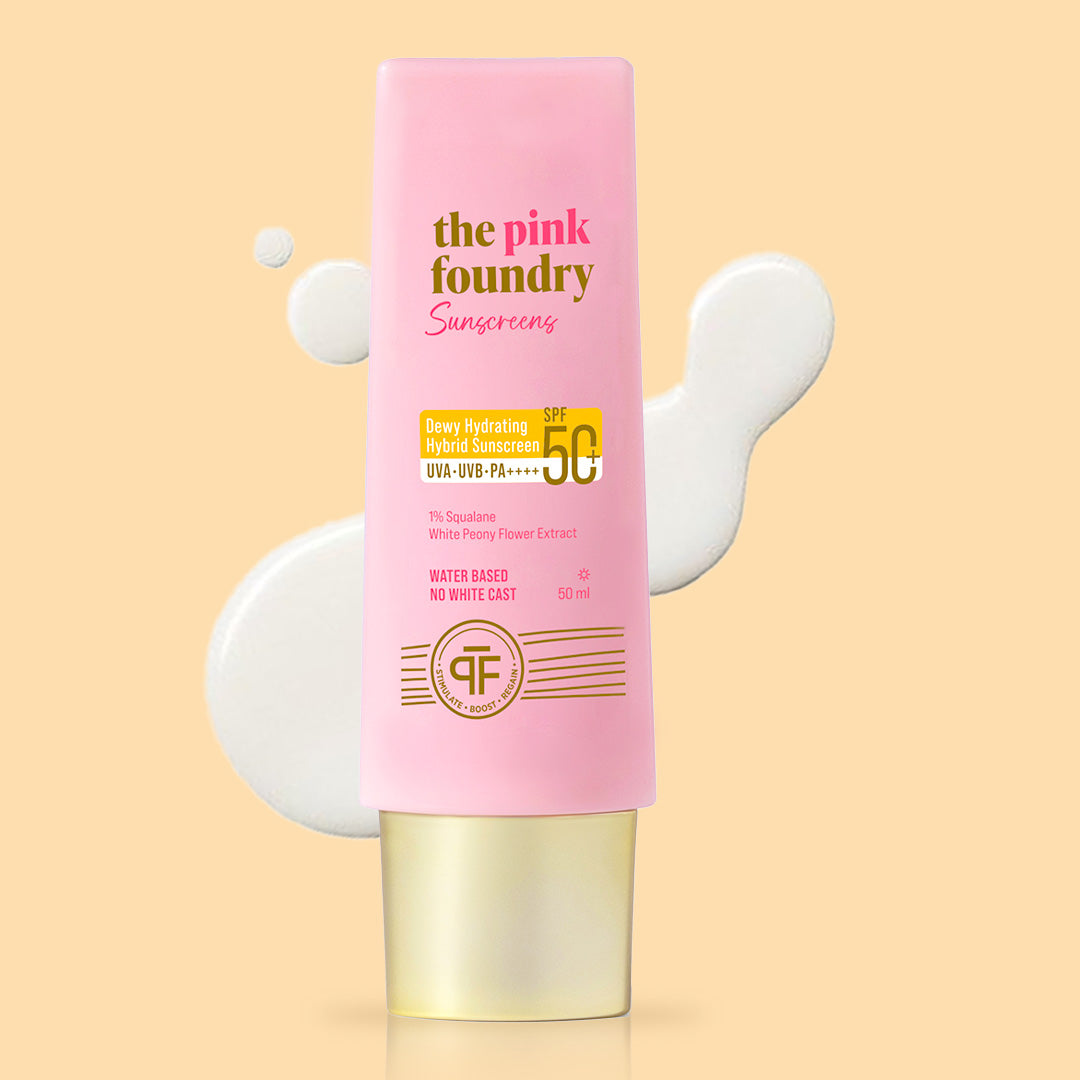



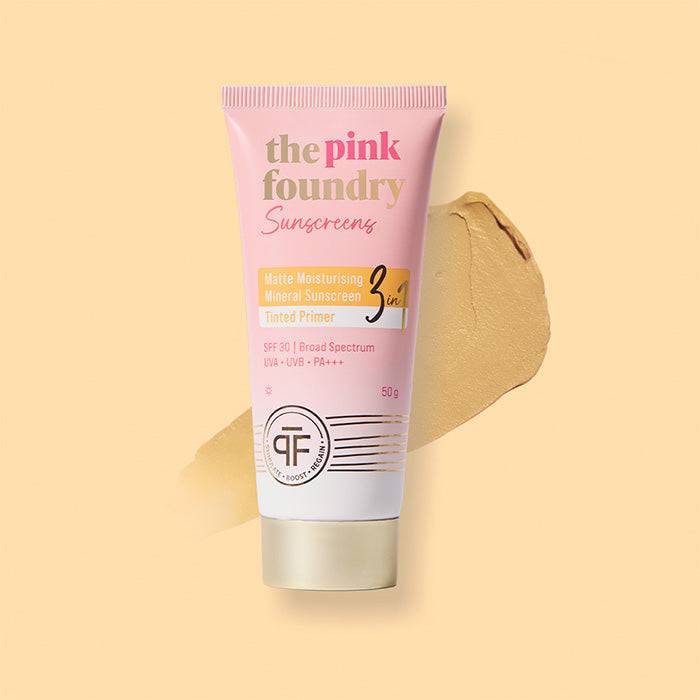
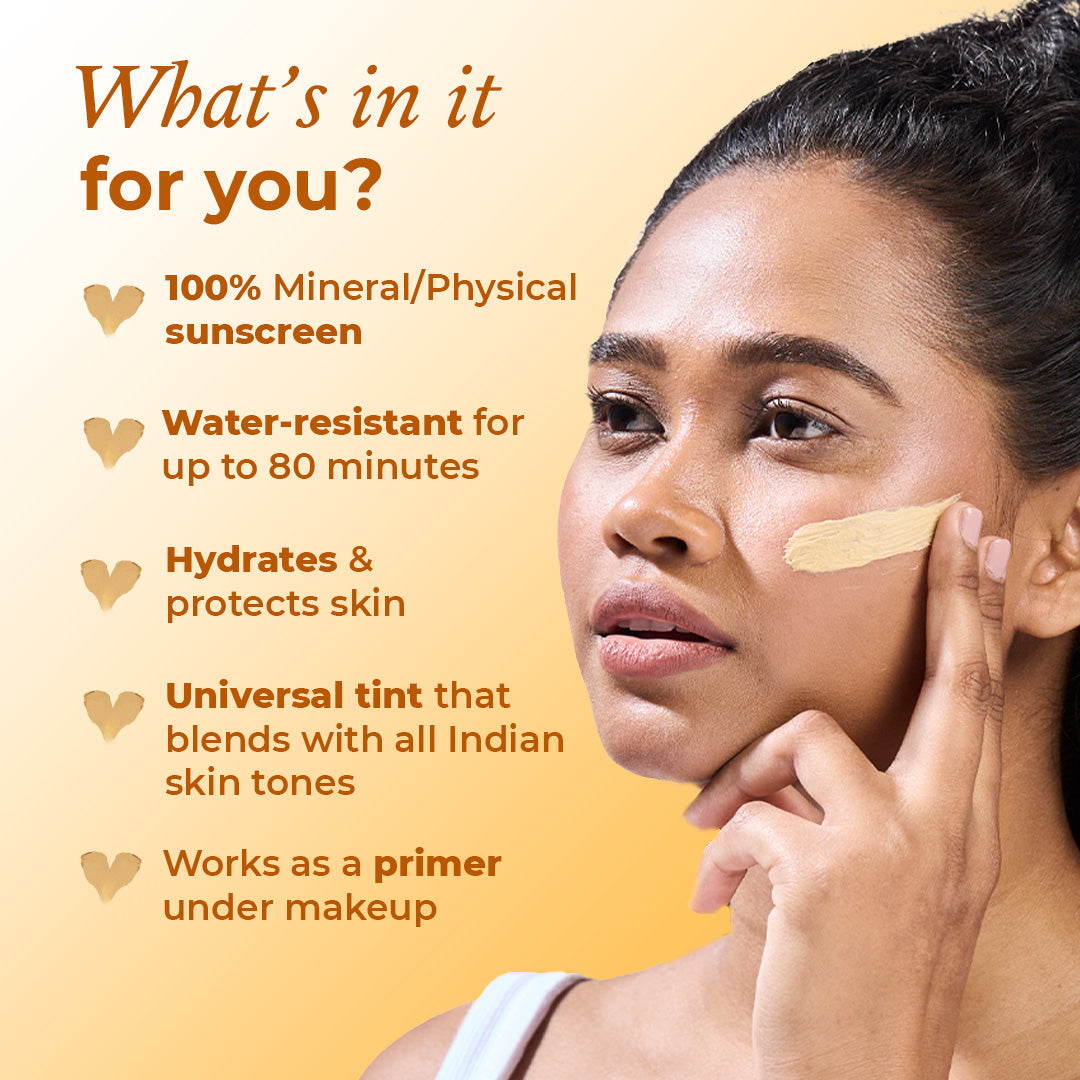



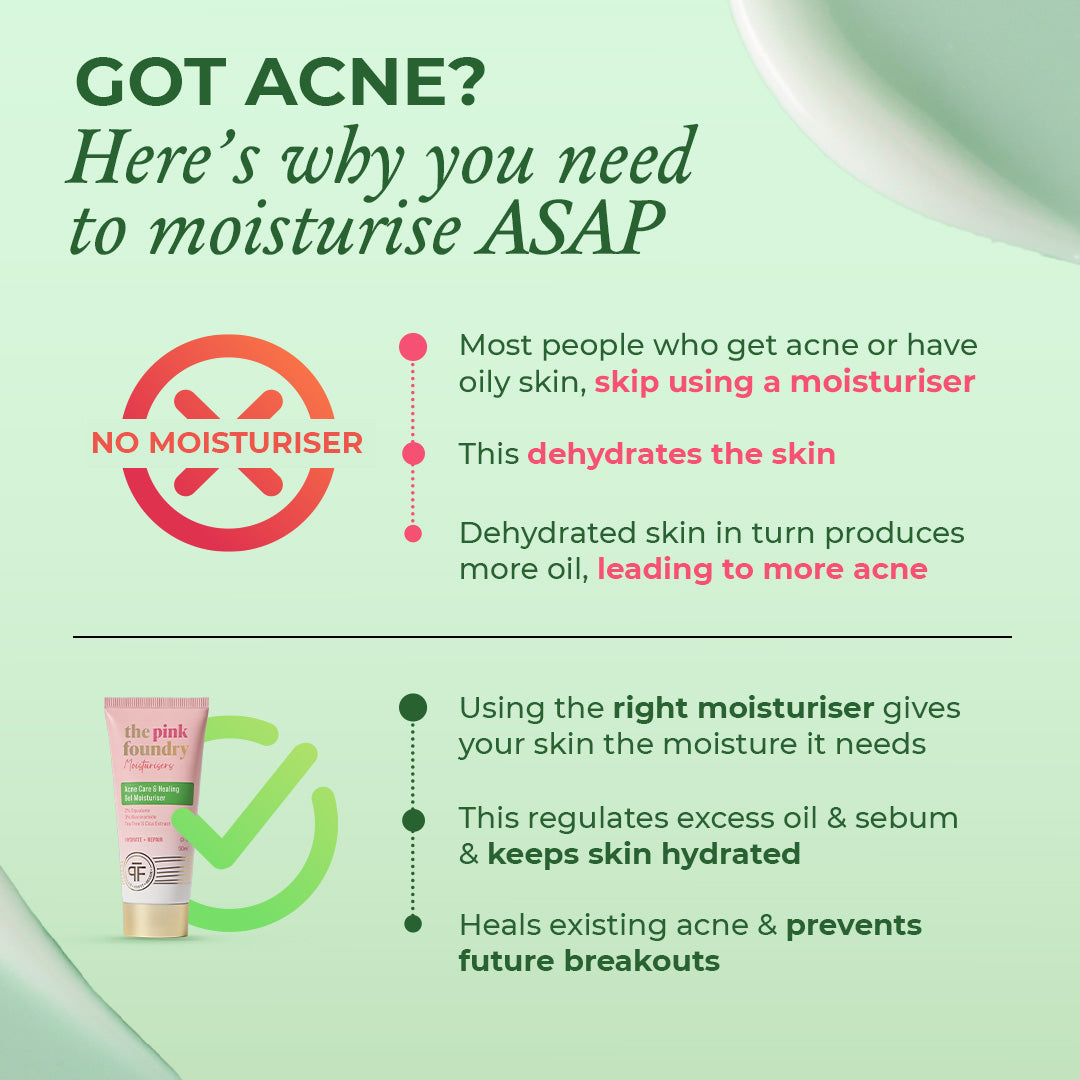
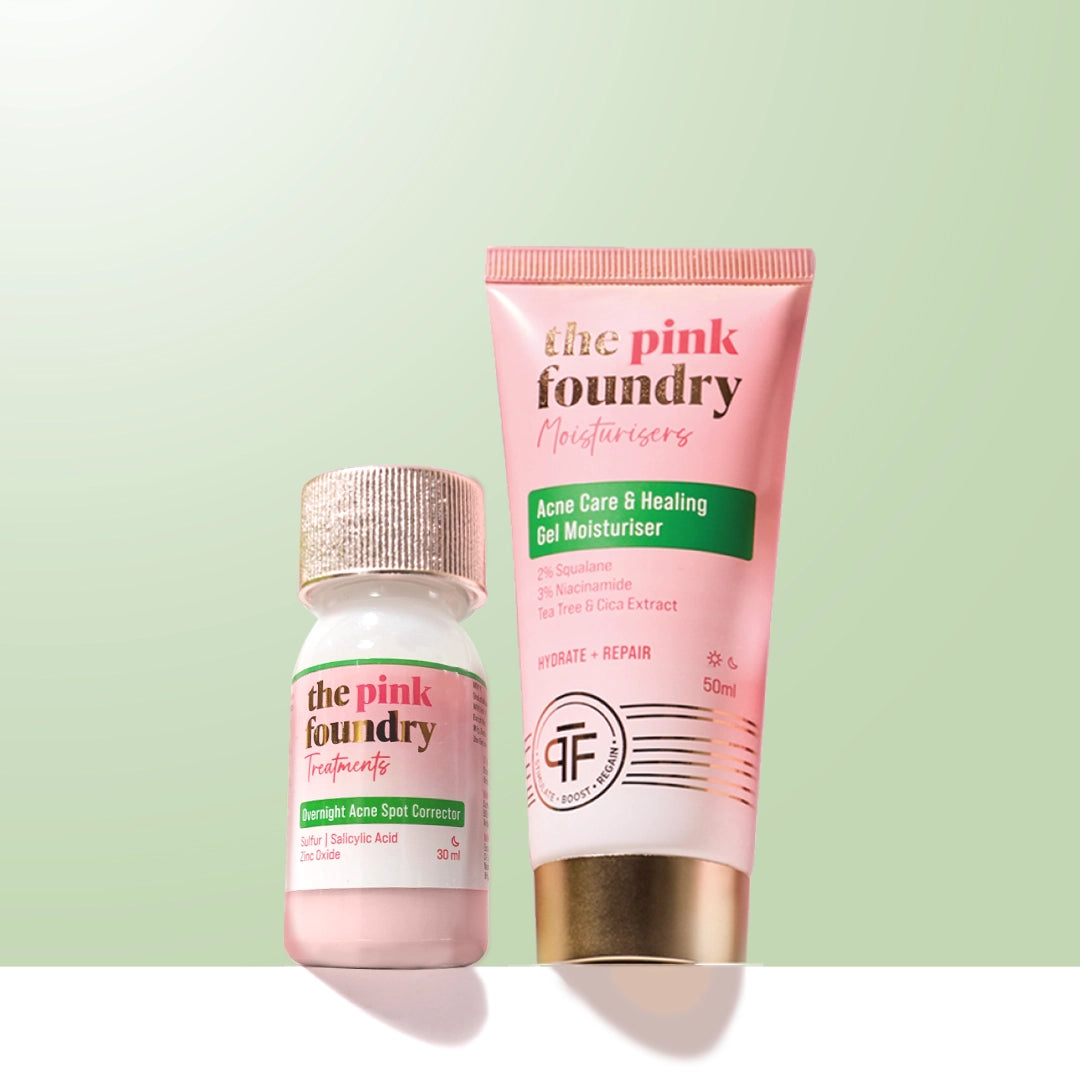
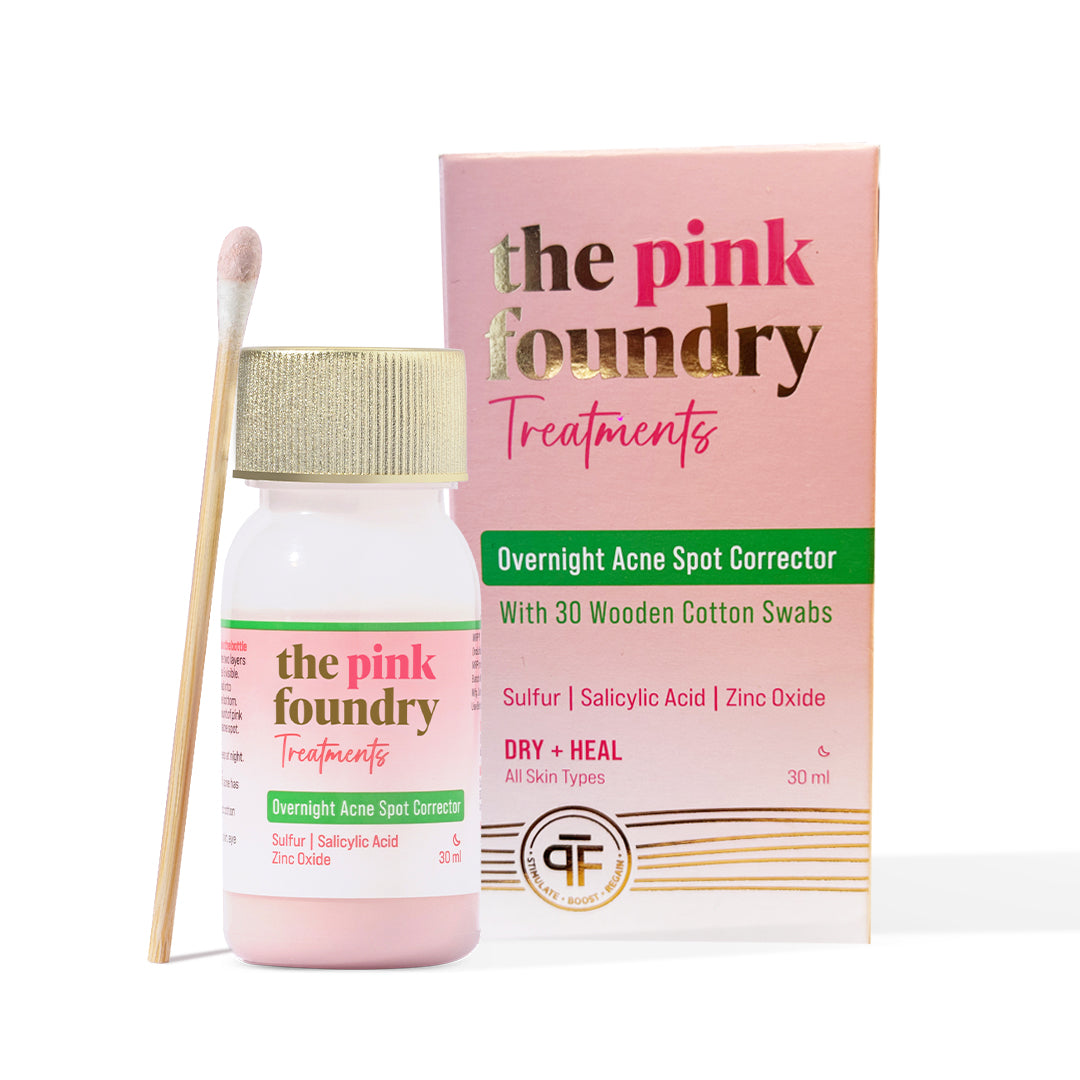
Leave a comment
This site is protected by hCaptcha and the hCaptcha Privacy Policy and Terms of Service apply.